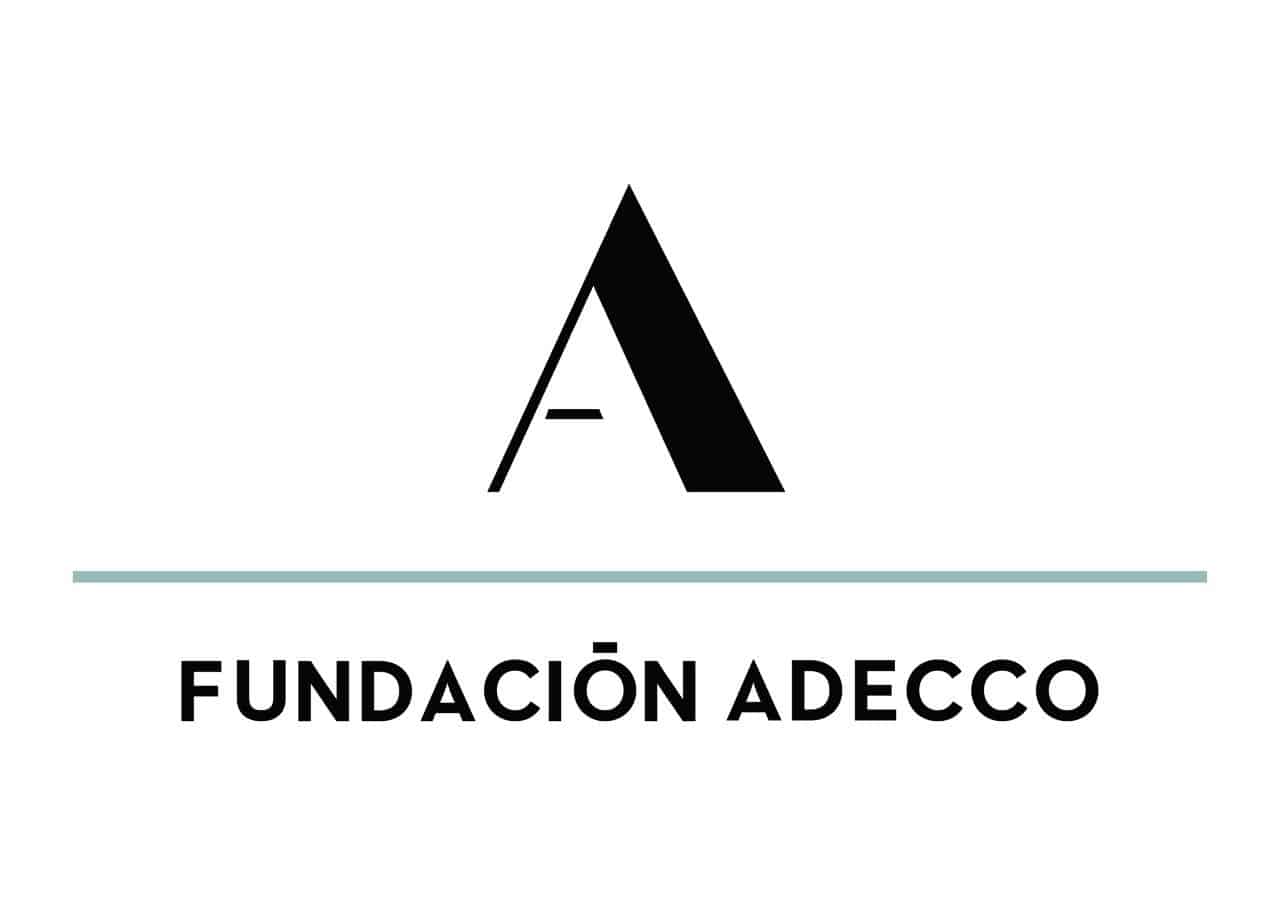Sure! Here’s the translation into American English:
—
In Spain, approximately 9,560 young people with disabilities are job hunting, facing an alarming unemployment rate of 45.2%, which more than doubles the overall average for people with disabilities, sitting at 19.2%. This figure also significantly exceeds the 26.5% unemployment rate among young people without disabilities. On the occasion of International Youth Day, celebrated on August 12, the tenth edition of the report “Young People with Disabilities, Driving the Future” was presented, prepared by the Vulnerability and Employment Observatory of the Adecco Foundation in collaboration with Wärtsilä.
The study, based on a survey of 97 young people with disabilities aged 18 to 30, reveals that 80% of these young individuals are currently actively seeking employment, while only 20% have managed to find it. The findings of the report underscore the various difficulties they face in training in areas of interest and pursuing professional careers in them. Additionally, the barriers that persist in selection processes significantly limit their job opportunities.
The labor participation rate for young people with disabilities is particularly low, with an activity rate of 21.6%, compared to 35.5% for the overall average across all ages. Within this group, the number of job seekers with disabilities aged 16 to 24 represents 7% of the total applicants, indicating that their integration into the labor market remains a constant challenge.
Francisco Mesonero, General Director of the Adecco Foundation, highlights that these young people face a “double disadvantage”: lack of experience and social and corporate barriers that limit their access to the labor market. Mesonero emphasizes the need to promote active employment policies from an early age and to break down stigmas that hinder labor inclusion.
The report also reveals a discrepancy between the aspirations and perceived viability of young people with disabilities. Although 85% of them have well-defined professional goals, nearly 70% feel they will not be able to achieve them. This discouragement is largely due to an environment that is not designed to foster their talent. Begoña Bravo, Director of Inclusion at the Adecco Foundation, explains that the lack of educational support and the internalization of negative prejudices affect the self-esteem and ambition of these young individuals.
Although many of them aspire to careers in technology and customer service, they feel that barriers in educational, social, and corporate fields limit their opportunities. Only 19.2% of people with disabilities manage to complete higher education, compared to 39% of their peers without disabilities.
The lack of support and adequate resources in the educational environment, especially at key stages, contributes to social exclusion and unemployment in adulthood. The survey reveals that 55% of young people with disabilities did not receive the necessary support during their school years, negatively impacting their professional trajectories.
In the business sector, discrimination is a reality. About 57% of the young respondents reported experiencing some form of discrimination during their job search, highlighting the need for a cultural shift in the perception and treatment of people with disabilities in the workplace. This scenario emphasizes the urgency of implementing effective measures that promote authentic and sustainable inclusion for young people with disabilities in Spain.
—
If you need any further adjustments or have specific requests, feel free to let me know!
Source: MiMub in Spanish
